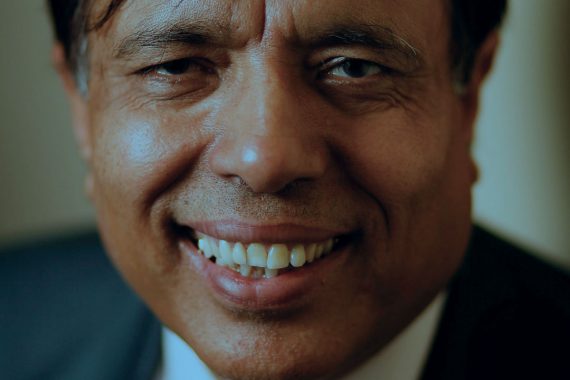The National Audit Office has revealed that the Government has failed to consider fully the consequences and cost-effectiveness of plans to roll out seven-day GP services across England by 2020.
The Government can hardly afford its current model
The auditors, who analysed the pledges, found that the minimum additional capacity required by the new commitment equates to £230 per appointment hour at weekends and evenings for every 1,000 registered patients. In GPs’ core contracted hours, from 8am to 6.30pm, the cost is just £154.
It’s irresponsible and foolhardy to pledge seven day access to general practice without a clear idea of the additional costs or benefits it will bring patients or taxpayers. The health secretary has questions to answer. What is he really asking for? How does he plan to fund it? How will he ensure there isn’t a reduction in mid-week services or fewer GPs from Monday to Friday?
GPs are conducting millions more consultations every year while also facing a recruitment crisis. A recent BMA survey of GPs found that 84% said that workloads are now so unmanageable it is affecting the delivery of safe patient care. More than 80% of the public believes that doctors cannot deliver seven-day services without proper support, yet the health secretary makes no mention of the extra nurses, diagnostic staff, receptionists, admin staff etc that will be needed to deliver the high standard of care patients deserve seven days a week.
You do not have to be an expert to realise that the Government can hardly afford its current model, let alone generate a different emergency system and reduce the NHS budget by £30bn by the end of the next parliament. The priority should be efficient GP services and local A&E units properly staffed around the clock, yet the Government is shutting the latter as fast as it can and deliberately financially destabilising the former.
The result is an unprecedented crisis, a devastating consequence of the lack of commitment to funding for health and social care, resulting in patients enduring one of the worst winters on record.
Nobody disagrees with Theresa May and Jeremy Hunt that a continuous evolution of the NHS is needed to resolve its massive problems but so far there have been no tangible gains. From Tony Blair’s time as Prime Minister to Theresa May’s current stint, the usual response to problems has not been to try to solve them, but to apportion blame while projecting the impression of safeguarding the NHS.
The current NHS crisis is a direct result of years of inadequate funding and politicians of all colours failing to take a long-term view on what needs to happen. Now is the time to put politics to one side and reach a cross party consensus on how to tackle this crisis. An injection of realism is necessary to stop the destruction of the NHS. Forcing reform after reform, or chasing spurious projects, like seven-day routine services, can only undermine the objectives of this publicly funded body and the morale of its workforce.
Given the scale of the workforce shortfall, shrinking budgets in primary care, seven-day GP services as promised to the public look completely unrealistic, neither desirable nor wanted.
Dr Kailash Chand OBE is a retired GP and former deputy chair of BMA council. You can follow him on Twitter @kailashchandobe
Pulse October survey
Take our July 2025 survey to potentially win £1.000 worth of tokens













